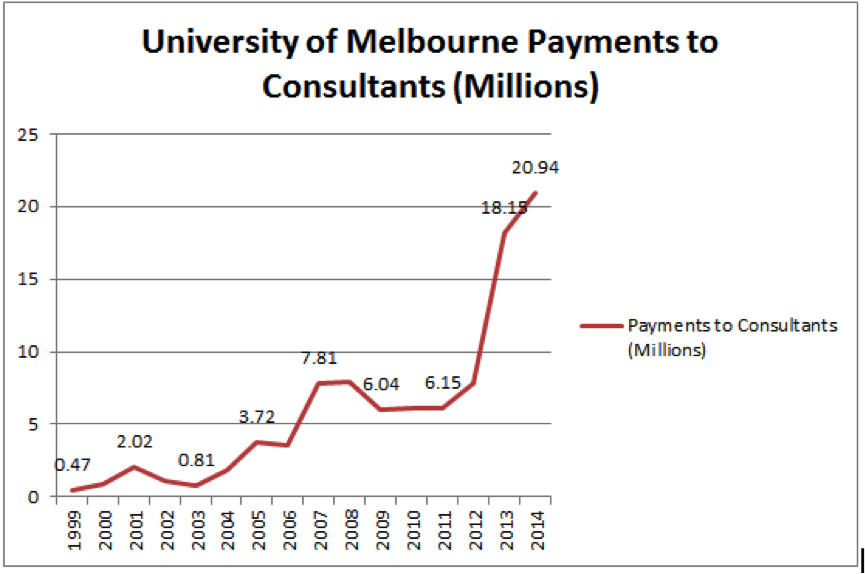|
WILLIAM MOSEFF Volume 9, Issue 4 The executive of the University have a strange way of dealing with success. Through a lack of competence and a lack of courage, they find ways to structurally strangle their most successful faculties. The Law School of which we are a part is a very good one. But a good law school is only as good as the administration which serves it. By centralising student services into the Orwellian-sounding ‘Stop One’ centre, an administrative catastrophe has been created. The morale of staff and students is at a low ebb. The reputation of the institution is damaged. Climbing out of this mess will cost many millions of dollars in renovations and rehiring and retraining staff. The University is holding the Law School back from achieving greatness, and we, the students, are suffering as a result. The world’s top law schools are in that league because they provide a holistic student experience. One can receive course planning, or career advice, or any other student service needed at the law school itself. From conversations with friends who study overseas, it is generally recognised among the university administrators at these institutions that the needs of law students differ from those of, say, undergraduate music students, and the most effective way to implement administrative services is through a decentralised model. Harvard Law School is what it is because it is run in large part as an entity in itself, providing top tier services tailored to the students it serves. This is not a revelation, and the disastrous effect of centralising student administration at MLS is not a surprise. It was assumed by the students and staff at the University of Melbourne that Stop One would be a catastrophe, and these expectations have been met. As Amani Green succinctly posted on Facebook: “My first ever visit to stop one. It is exactly the cavernous corporate wasteland you pictured it as” No top tier law school has student administration centralised in the main university corpus in such a way as the University of Melbourne. Which begs the question, is the University of Melbourne a top-tier institution? One stop at Stop one and the answer becomes evident. But none of this is a surprise. The Business Improvement Plan, of which Stop One is a manifestation, was a review of the university’s administration conducted by a private consulting firm. There is nothing inherently wrong with this - the University Executive couldn’t review a chook raffle without stepping on the chickens and advertising it as ‘colliding with innovation’ or some such inane marketing jingoism. But the firm, Strategy& (Formally Booz & Co), has designed a scheme that places the rationalization of student support ahead of the needs of the very students and faculty such services ought to be prioritizing. While this may result in short term cost savings, for a university, reliant heavily on word-of-mouth reputation, the profit in any given year is not the ultimate measure of success. To ensure long term financial prosperity, it is the reputation of the institution that matters in attracting students. And reputation, in turn, is dependent on the quality of student services. With management this poor, the University of Melbourne risks becoming the Fairfax of universities: relentlessly cost-cutting services at the expense of the student experience, resulting in reputational damage, resulting in reduced student enrolments, which in turn results in more cost-cutting. It is a vicious cycle of failure towards which the university teeters. And when the university fails, the reputation of our degree wavers, and we all suffer.
The Law school would do well to distance itself from this systemic failure of leadership. Let the faculties, as much as possible, run themselves. And of course, questions must be asked of the capability of the University executive. Hiding behind consultants takes no skill, and substituting leadership for outsourcing takes no courage. William Moseff is a second year JD student *Thanks to Simon Pickering for the title of this article. *Previous versions of this article erroneously referred to the consulting company in question as Bain and Company and Bain Capital. De Minimis would like to thank the readers who brought this error to our attention and apologises unreservedly to anyone who may have been misled. More De Minimis! Other Articles Like This
Also in this week’s issue of De Minimis:
Really?
26/3/2016 02:54:42 pm
Great piece!
De Minimis Editors
31/3/2016 01:36:40 pm
The following are the comments left on the first iteration of this article: Comments are closed.
|
Archives
October 2022
|



